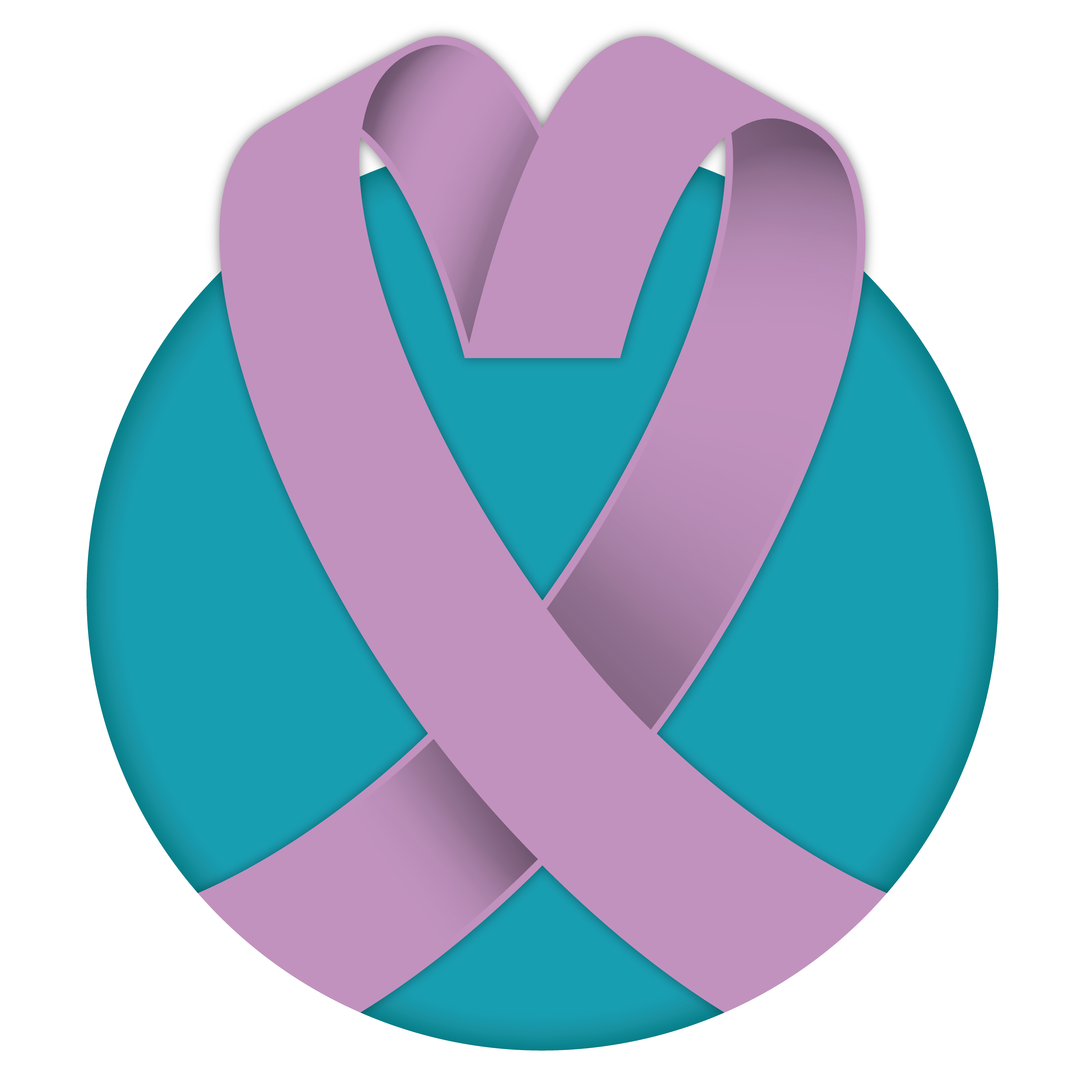What You Should Know
 With 18 million cancer survivors in the United States thanks, in large part, to advances in cancer therapies,
there are many reasons to be hopeful.
With 18 million cancer survivors in the United States thanks, in large part, to advances in cancer therapies,
there are many reasons to be hopeful.
Cancer treatments save lives. But sometimes these same lifesaving treatments can damage your heart and might increase the risk of heart disease—or worsen any heart issues you might have already.
Certain cancer treatments can weaken the heart, disrupt the normal heart rhythm, or injure blood vessels or heart valves. They also may make risk factors for heart disease, such as high blood pressure or high cholesterol, more likely.
For some people, these heart issues may develop soon after starting cancer treatment. In other cases, they can go undetected for years—perhaps even decades—after being cancer-free. Many cancer survivors are living long enough to experience the effects on their heart health. That’s why it’s so important to think about your heart health before, during and after undergoing cancer therapy.
And while there is much excitement about newer cancer therapies, we don’t fully know how they might affect the heart or other organs.
The good news?
There is more awareness of the heart harms that might be triggered by many cancer therapies than ever before.
- Research is underway to find ways to lessen or prevent this heart damage
- Many heart doctors (called cardiologists) are now working alongside cancer doctors (called oncologists) to help keep patients’ hearts healthy during and after cancer treatments
- Many hospitals and cancer centers have opened cardio-oncology clinics that focus on integrating cardiovascular health as a part of cancer care
Ask your oncologist or primary care doctor whether you should see a heart doctor (cardiologist) or cancer doctor (oncologist).
- Last Edited 03/15/2023
